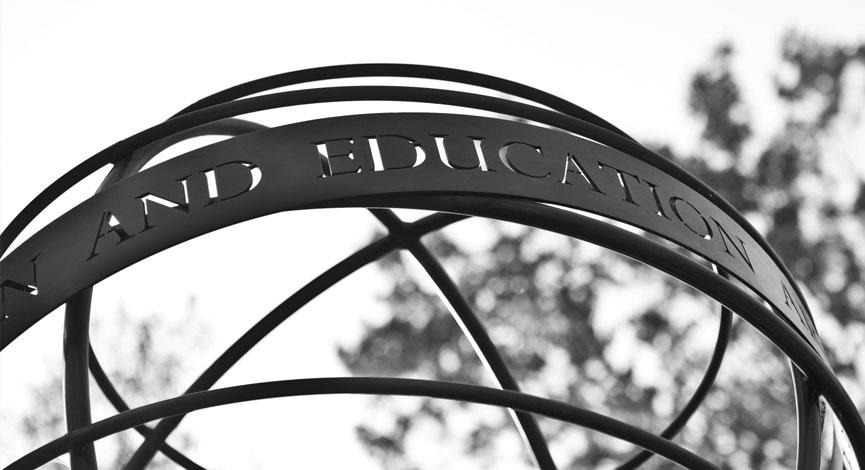
You never stop learning.
That’s the message Heidelberg professors sent to students during the 22nd annual Faculty Research Symposium.
“Professional development doesn’t stop with a degree,” said Dr. Emily Isaacson, associate dean of the honors program and assistant professor of English. “Students are going to continue to develop throughout their career because their job won’t always be the same.”
The symposium was established to give students the opportunity to see research presented in various disciplines and bring the campus community together to learn from faculty research and scholarly interests. This year, the event featured a wide range of topics inspired by life-long pursuits and current events. Some professors took the time to research and present on topics they believed would help educate and prepare current students for their careers.
“The Faculty Research Symposium is a great opportunity for students to learn more about faculty research interests. Students also benefit from the practical application of faculty research through the integration in their teaching,” said Dr. Trevor Bates, associate dean of health sciences and director of the Athletic Training Program.
Bates has been a member of countless search committees during his time at Heidelberg, and he wanted to learn about different ways to evaluate potential faculty and staff candidates when they visit campus. His topic, Emotional Intelligence: Improving Faculty Searches in Academe, did just that.
“The best candidates have demonstrated a strong IQ along with the self-awareness and empathy needed to work under stressful situations and potentially with difficult people,” he said. “I want to be a part of building strong teams and I want to be able to help identify potential strong team members.”
College students should take this message to heart: it’s not only about what you know, but how you communicate and interact with others that can make you a desirable candidate and impact your career.
Isaacson, gave a presentation titled From Honors to General Education: Expanding the Philosophy of Honors Education to the Whole Institution.
“The focus of the honors program on integrated thinking is founded in the liberal arts tradition,” she said. “I wanted to explore how to use integrated learning intentionally and deliberately in general education courses.”
Her research focused on integrated learning through high-impact practices, several of which Heidelberg is already using including learning communities, service learning, and supporting student research.
“Experiential learning allows students to recognize real world applications for what they’re learning,” Isaacson said. “Students learn better when they’re required to think on their feet and work through the process of learning by themselves.”
Increasing your emotional intelligence and learning through high-impact experiences can give students the advantage in the job market and benefit them in all areas of their life.
“Research and writing is always collaborative and modeling that for students is essential,” Isaacson said. “They can see they’re not alone in their struggle.”
By watching their professors, students can better understand what it takes to complete complicated and compelling research.
“If we are able to teach students how to generate strong questions and to go through a systematic process of detailing solutions, we have the potential to help our students find their purpose with distinction!” Bates said.
Heidelberg’s commitment to helping students develop a wide range of professional skills is also reflected in the new HYPE Program.